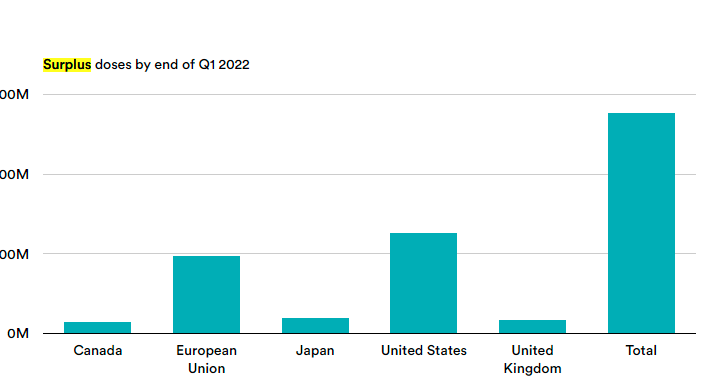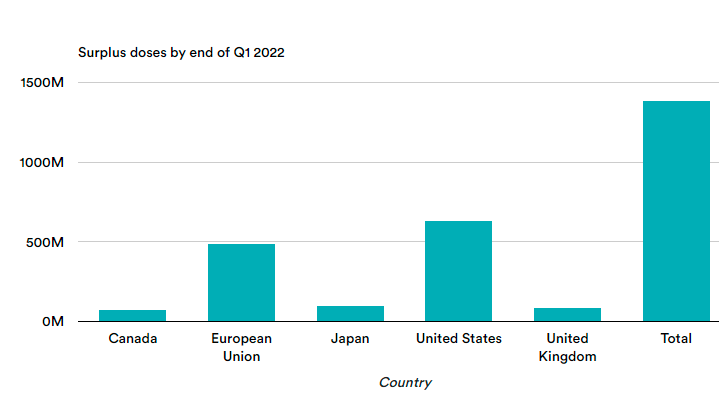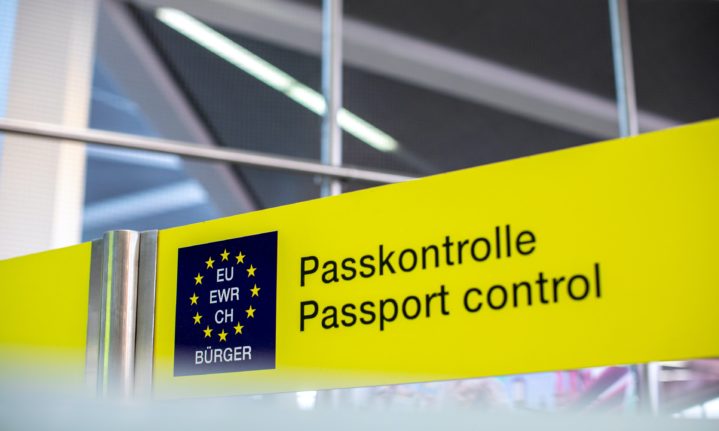The European Union member states are advised to change their current travel restrictions from February 1 and take into account the status of the traveller, instead of their country of departure.
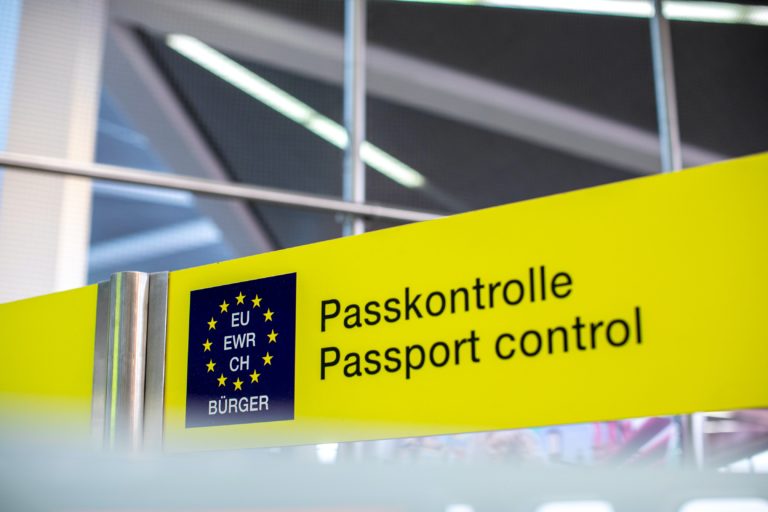
Picture: Daniel Schludi/ Unsplash
What does this mean exactly?
According to an EU council meeting: ‘This means that a traveller’s COVID-19 vaccination, test or recovery status, as evidenced by a valid EU digital COVID certificate, should be the key determinant. A person-based approach will substantially simplify the applicable rules and will provide additional clarity and predictability to travellers.’
EU member states will also shorten the validity of vaccination certificates to 270 days at most from February 1.
‘Persons who are not in possession of an EU Digital COVID Certificate could be required to undergo a test prior to or no later than 24 hours after arrival,’ the Council states.
What does this mean for South Africans?
The EU Council notes that member states can also accept other vaccination certificates approved by national authorities or the World Health Organization, including those issued by South Africa, which currently requires proof of vaccination and a negative covid test upon entry.
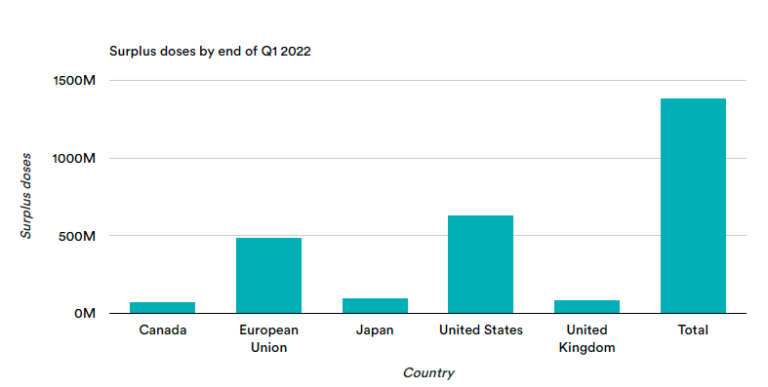
A report by Covid gap at Duke University revealed that the worlds rich countries are collectively hoarding 1 386 million covid-19 vaccine doses. Picture: Covid Gap/ Duke University
The decision of the Council to reduce the validity of vaccine certificates to no older than 270 days could come under scrutiny, however, as the WHO called on countries to lift international bans due to the ‘inequitable distribution of COVID-19 vaccines.’
According to a report by Covid Gap at Duke University, the surplus doses hoarded by rich countries stands at 1 386 million vaccine doses, enough to resolve global vaccine inequality.
ALSO READ
UAE reopens borders and Emirates returns to South Africa’s skies









